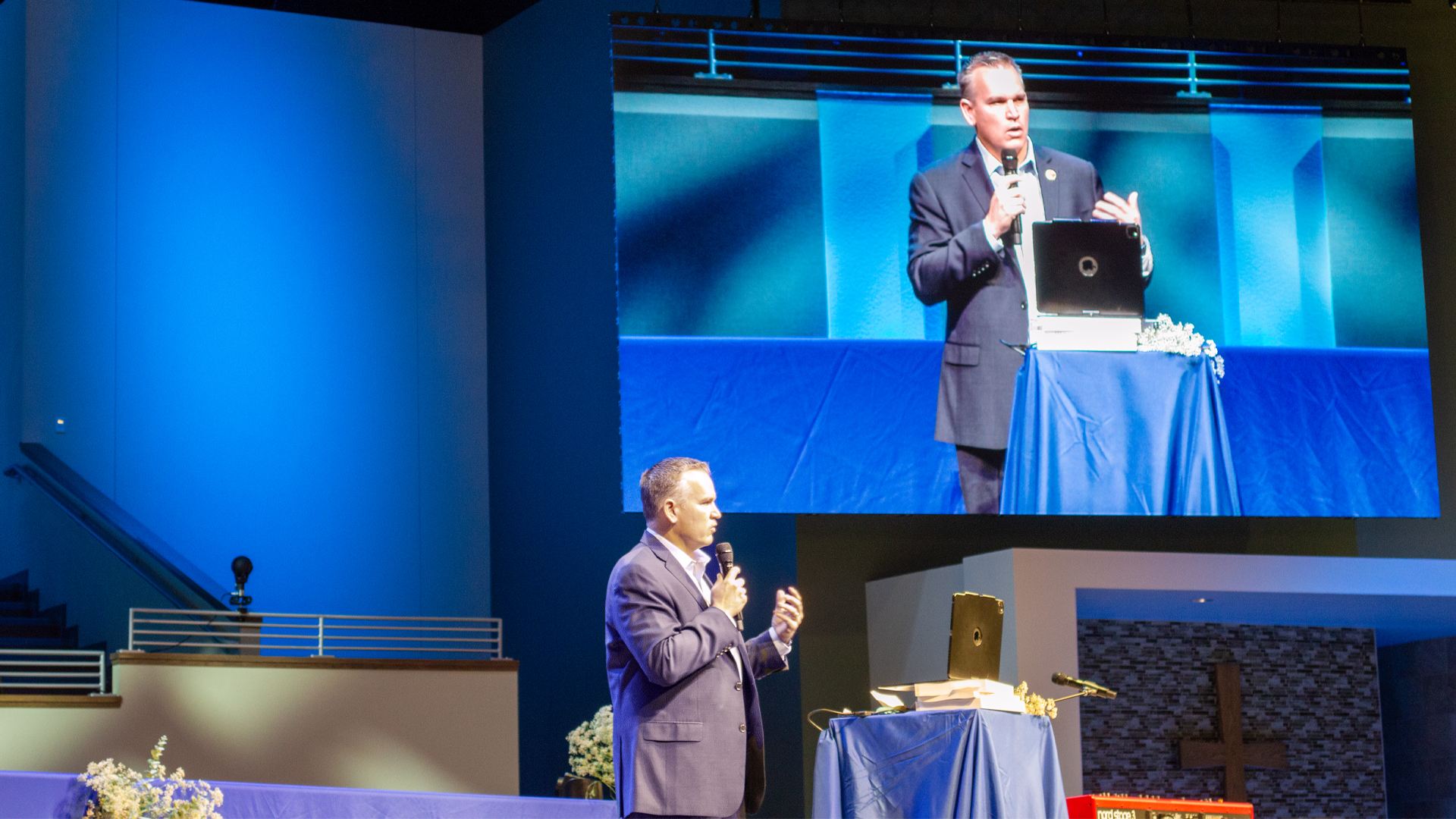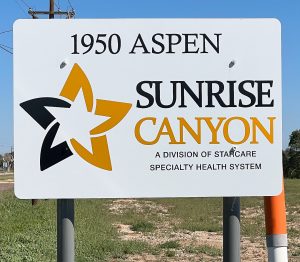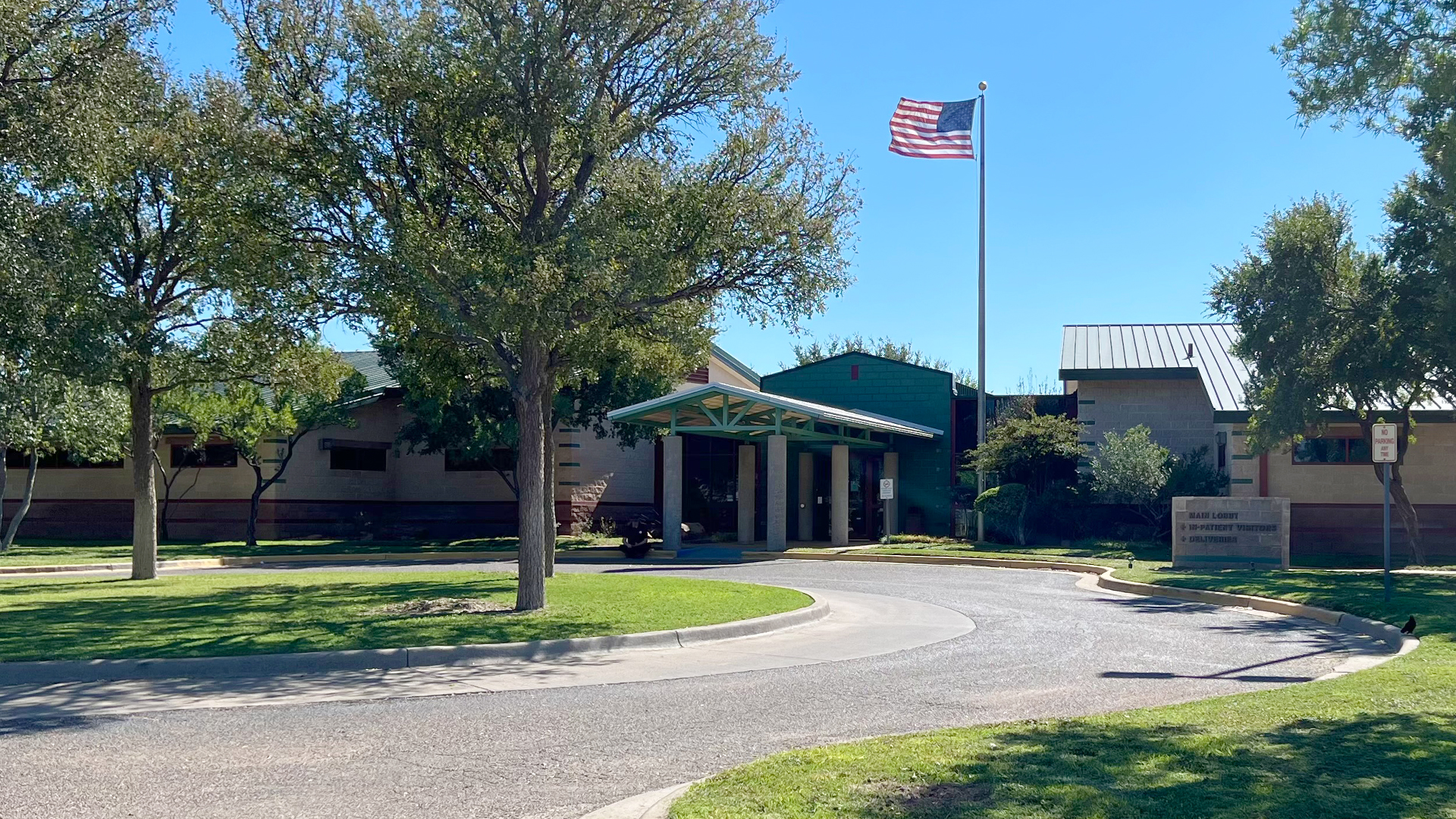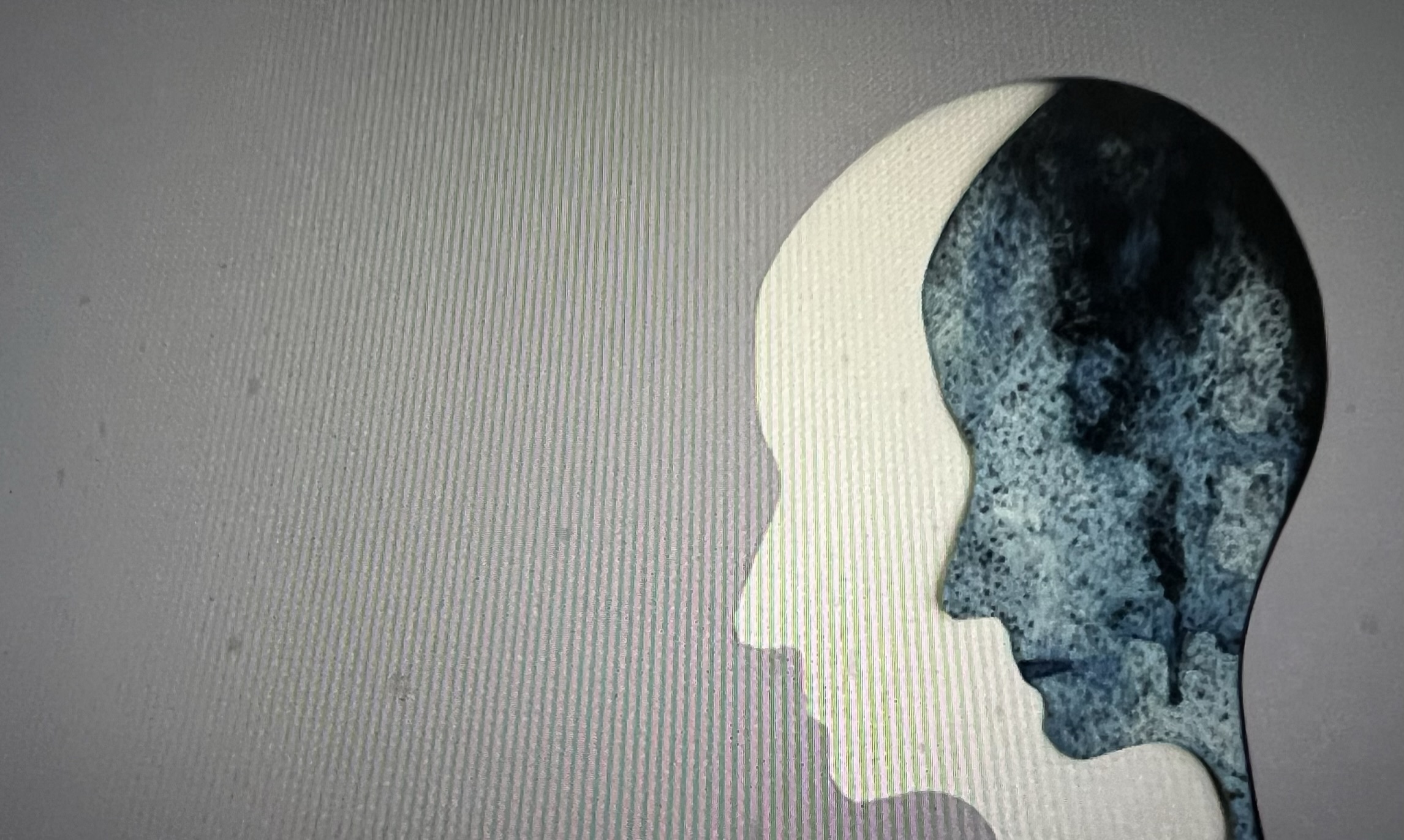Lubbock has a mental health problem.
“If someone has a problem and they’re having a short-term mental health crisis, what do we do with them?” asked Mayor Tray Payne recently. “If they’re committing a crime and police officers have to go out and address the issue – where do we take them? Where do we go?”
Payne spoke at a seminar last month organized by the Lubbock-based Carol Wolfe Foundation at Southcrest Baptist Church.
The answer right now, usually, is jail.
Lubbock will get a new psychiatric facility and a new city/county joint health department targeting mental health by next year. Within two years, two more facilities are planned to help the mentally ill.
Local leaders pushed for these changes starting in 2019. A combination of COVID relief funds and state spending will pay for the new facilities.
Hope Center will be built on the same East Lubbock campus as Sunrise Canyon, which is a short-term psychiatric hospital. Hope Center is what sometimes is called a diversion center, keeping people from an emergency room or the county jail.
“EMS or police, fire, or family members will have this as an option and you can take them to this diversion center,” Payne said.

How big is our problem?
Lubbock had the highest rate of attempted suicide by children between the ages of 6 and 17 in Texas, according to a company called Nomi Health, which released an analysis of insurance claims.
More numbers that illustrate the challenge:
- 1,799: number of inpatient psychiatric admissions for Lubbock County residents from April 2017 to March 2018, according to a 2019 report, commissioned by the City of Lubbock, Lubbock County, the Texas Tech University Health Sciences Center and others.
- 18: Percent of those were children.
- 20,000: Children ages 6-17 had mental health or substance use disorders in Lubbock County out of a total of 50,000, according to the same report. It also said 4,000 children suffered “serious emotional disorders,” meaning a problem interfering with everyday life.
- 21: Lubbock County psychiatrists – or 6.9 per 100,000 residents – approximately half the national average, the report said.
- 47: Percent of those needing psychiatric care admitted to hospitals outside the Lubbock area.
Leaders from local government, the two major health systems, schools, courts, law enforcement, juvenile justice, mental health providers, Texas Tech, charitable organizations and organizations for the homeless all agreed Lubbock needed improvement.
There are other projects not driven by local government:
- Covenant Children’s Relational Health Center opened in the summer as a partnership with Texas Tech Physicians. It’s the region’s first health center of its kind, offering outpatient help for children and parents.
- The privately-owned Oceans Behavioral Hospital in Lubbock opened in February – offering inpatient care to adults.
City and County put their minds together on mental health
Police officers or emergency rooms often become the first line of help for people, the 2019 report said. Then COVID hit and there was ARPA (American Rescue Plan Act) money.
“In May 2022 the city and county entered into an agreement to create a public health district,” Katherine Wells, Lubbock’s director of public health, told Lubbock Lights.
The city purchased a building at 2015 50th Street for renovation and will be ready for the joint city/county health department next year.
The county chipped in $3.5 million of ARPA funds in exchange for a 5-year deal, which can be renewed, to provide services for all of Lubbock County, not just those in the city.
“In the new facility, the health department will offer the Strengthening Families Program,” Wells said. It’s designed to help parents and kids develop happier relationships and improve mental health. The goals include less alcohol abuse, drug use, violence and delinquent behavior.
More help is on the way
Additionally, Wells said the city and county each contributed $3.5 million toward the Hope Center. It will be designed with an area outside the public view for emergency responders, including police, to bring someone in, she added.
“The intent of the Hope Center … is to streamline the process of getting someone into crisis services,” Wells said.

Beth Lawson, Starcare chief executive officer, said “It really keeps people out of jail and out of emergency rooms, which are much higher cost, a lot less clinically effective than getting to the treatment that they need.”
Starcare is a Lubbock-based specialty health system for mental health and intellectual disabilities. It operates Sunrise Canyon and will operate the Hope Center as well.
The 10,000 square foot facility will be open by late 2024 if everything stays on schedule.
Lawson believes the additional mental health resources will help police and sheriff’s deputies with an option other than jail for persons who might be naked on the street or urinate in public. But it’s more complicated.
“You’ve got folks that believe that if you have a mental illness, you should never go to jail. Mental illness is not a get-out-of-jail-free card,” Lawson said.
Some people are violent, she said, and need to be locked up. That brings up another problem. The state hospital system for the mentally ill is backlogged. Local jails all over the state wait a long time to get violent offenders into, as one example, the North Texas State Hospital in Vernon.
Some, but not all, jail inmates can go to Sunrise Canyon for treatment. Maximum security inmates need to go to the state hospital for assessment or treatment.
Thanks to efforts by State Senator Charles Perry and State Representative Carl Tepper, $121 million for a new state hospital in Lubbock was approved by the Legislature. Lawson said planning continues, but for now the most likely location will be next to the Montford Prison Unit.
The timing is hard to know, Lawson said, but predicted it could be five years away.
But there’s even more. The state approved $60 million for an expansion of Sunrise Canyon, doubling the size from 30 to 60 beds.
“I’m hoping that the expansion will be two years,” Lawson said. But that’s her hope, not a guarantee.
Lubbock leading the way for Texas
At the Carol Wolfe Foundation seminar, Senator Perry told participants, “Lubbock, Texas has a place called Sunrise Canyon. I made it the model for the state for access to mental health care.”

Perry pushed for both funding and the legal framework to create more places like it. Lawson said people from all over Texas come to see how Sunrise Canyon works. And while it has been successful, it’s overcrowded.
“There is not a meeting room to be had. Every square inch of that building has got a person in it,” she said.
While Starcare has been around since 1967, under a different name at first, Sunrise Canyon opened in 1996.
“I think we did not realize 30 years ago what the growth in Lubbock was going to be,” Lawson said, “and what the actual need for mental health services was going to be.”
She believes the combination of the Hope Center and the Sunrise Canyon expansion will make mental health treatment more flexible and cost effective.


 Facebook
Facebook